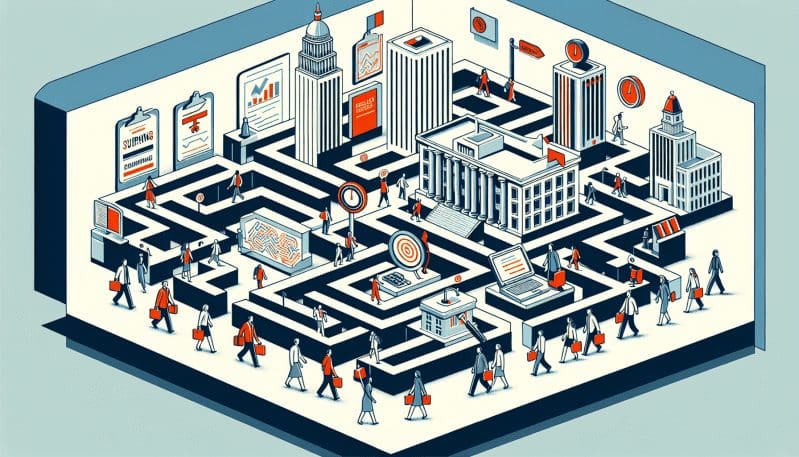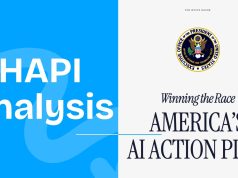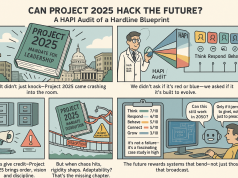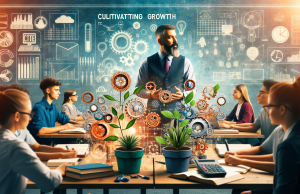In an era of rapid transformation, government employment today faces a multitude of significant changes. These changes are not only reshaping the nature of public service work but are also presenting complex challenges for those within the sector. With shifts in policy, the integration of advanced technologies, changing public expectations, and a diversifying workforce demographic, the traditional environment of government work is evolving at an unprecedented rate.
Policy Changes: Government workers are often the first to feel the effects of policy reform. With new legislation and administrative priorities, comes the need for adaptation to fresh objectives and operational procedures. For instance, shifts towards more sustainable practices or a focus on digital services require workers to adapt to new roles and responsibilities, while also ensuring compliance and implementation.
Technological Advancements: Technology has altered the way government functions. From the way services are delivered to the public, to how data is managed and utilized, technology is a major driver of change. The transition to digital platforms and the integration of artificial intelligence in daily operations necessitates a skilled workforce capable of managing these tools effectively while safeguarding data integrity and cybersecurity.
Public Expectations: Today’s citizens demand greater transparency, efficiency, and engagement from their government. With the rise of social media and digital forums, public servants must be adept at communicating and interacting with the citizenry through these channels. This new environment requires a nuanced understanding of public relations and citizen engagement strategies.
Workforce Demographics: The demographic makeup of the public sector workforce is shifting, with an increase in diversity and a generational change as Baby Boomers retire and Millennials and Gen Z enter the field. These newer generations bring different expectations, values, and skills to the workplace, influencing team dynamics and organizational culture.
Given these evolving landscapes, how can government workers and agencies stay effective and engaged?
Continuous Learning: Lifelong learning is no longer optional; it is essential for government employees. Upskilling and reskilling through professional development opportunities allow workers to stay abreast of new policies, technologies, and methodologies. This commitment to growth ensures that the public sector can meet the challenges of a rapidly changing world.
Adaptability: Flexibility and the willingness to embrace change are critical. Workers who demonstrate adaptability are more likely to succeed in an environment of constant transformation. Agencies should foster a culture that values innovative thinking and agility.
Leadership: Strong leadership is more important than ever in guiding public sector employees through change. Leaders who can articulate a clear vision, provide support, and inspire confidence will be key to navigating this new terrain.
Actionable Advice for Government Employees:
– Seek out professional development opportunities to improve your skills and knowledge base.
– Stay informed on policy changes and new technologies that impact your work.
– Engage with the public proactively, improving communication and service delivery.
– Embrace diversity and promote an inclusive workplace to benefit from a range of perspectives and ideas.
– Cultivate flexibility and adaptability to cope with the changing demands of your role.
In conclusion, the shifting landscape of government employment presents both challenges and opportunities. By committing to continuous learning, practicing adaptability, and employing effective leadership, government workers and agencies can not only survive but thrive amidst the constant transformation of the public sector.




























